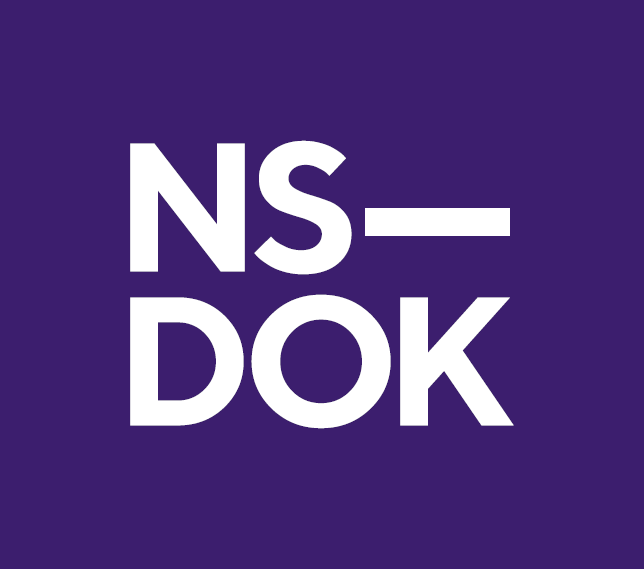Portals
Here you will find various online portals and other websites containing information about specific historical issues that have been developed by the NS-Documentation Centre in numerous projects.
Jewish life 1933-1945
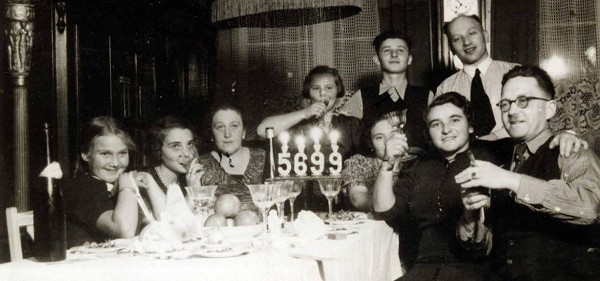
Based on testimonies from Jewish Cologne residents in the NS-DOK collection, this book, produced in cooperation with the Federal Agency for Civic Education, presents the exclusion and murder of the Jewish population between 1933 and 1945 from the contemporary perspective of those affected. Their depictions offer an insight into their living conditions, their fears and the hopes that kept emerging. The website accompanying the volume "Und wir werden in alle Winde verstreut" provides a wide range of information, sources and other materials that go beyond the history of Cologne.
NS forced labour educational portal
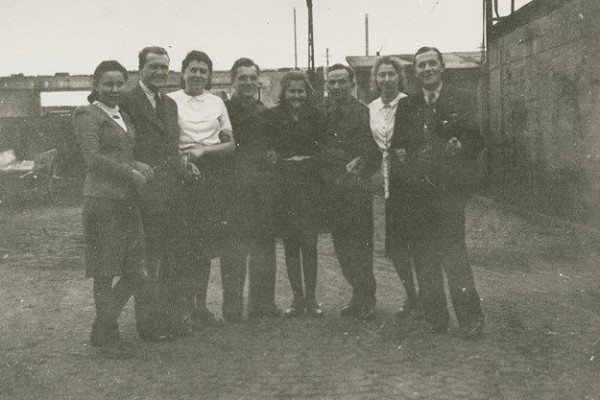
It was a long time before forced labour played a major role in the remembrance culture in Germany. However, numerous places of learning and remembrance that focus on the subject have emerged since the 1990s. A broad range of educational work takes place at these locations - supported by volunteers as well as permanent staff and project staff - in the form of projects, tours, online workshops and much more. The "NS forced labour educational portal" project aims to make this work visible. Representatives of a total of 20 organisations developed this portal in regular meetings held over a two-year period.
IN|VISIBLE TERROR. Sites of right-wing violence in Germany
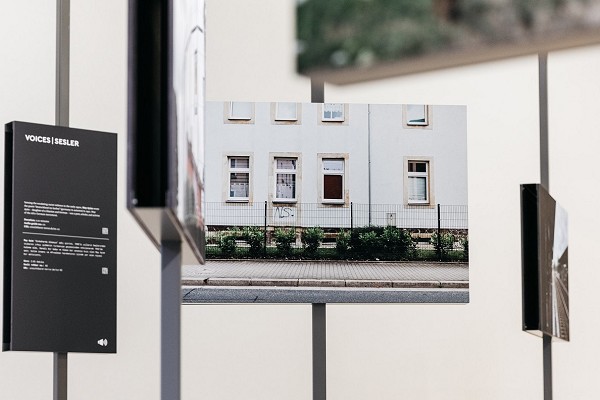
Right-wing violence has accompanied the Federal Republic of Germany since its foundation. To this day, its history has primarily been one of turning a blind eye, ignoring, and forgetting. And yet time and again, right-wing terror was unmistakable. Photographer Mark Mühlhaus visited more than 30 scenes of acts of right-wing violence. The project shows that right-wing violence had many faces in the last 70 years and seeks to recall a few of the countless violent acts and their victims. The photographs are accompanied by audio pieces that let survivors and affected persons speak for themselves and that provide impressions of the many ways these people have dealt with the violence they experienced.
Making it visible
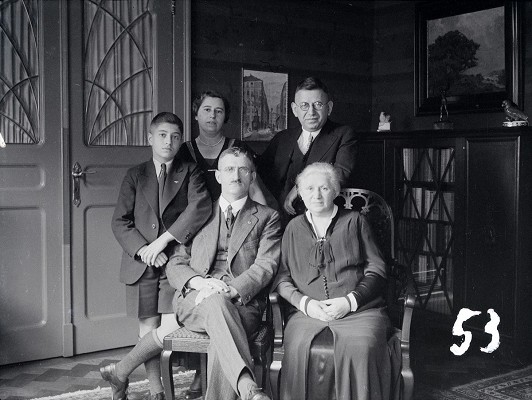
Funded as part of the NS injustice educational agenda by the Remembrance, Responsibility and Future Foundation and the Federal Ministry of Finance, the “Museums Dienst” and the NS-Documentation Centre developed a comprehensive web portal about Jewish history back in 2022. It focuses on the Schönenberg family from Cologne, whose thoughts and feelings, hopes and despair are made visible through extensive personal testimonies and photos: in virtual 3D rooms and situations in which the letters and diaries could have been written.
Experienced history
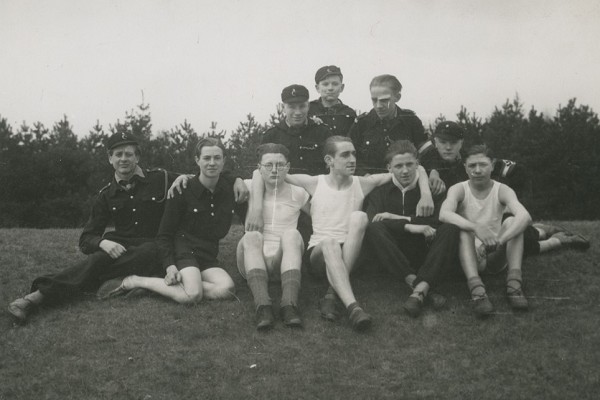
Around 120 witnesses from Cologne have described their life stories as part of the "Experienced history" project since 2002. With a clear focus on the period from 1933 to 1945, a diverse and comprehensive picture of Cologne's history in the 20th century emerged - a collective memory in the form of a video archive.
Editions about history

The "Editions about history" portal developed by the NS-Documentation Centre, and set up until 2023, makes numerous testimonies, printed products and other source material from the NS era accessible as selected editions. Its focus is on Cologne and the surrounding area. The material was taken from the NS-Documentation Centre's collections, but also partly from other archives or private collections.
Lischka trial
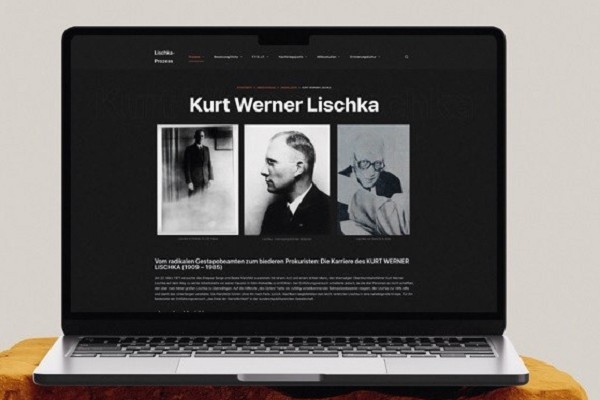
In the 1970s, protests by Jewish survivors against three former SS functionaries aroused public attention in the Federal Republic of Germany. From October 1979 to February 1980, the trial against Lischka, Hagen and Heinrichsohn, who had been responsible for organising the deportation of the Jewish population from France from 1941 to 1944, took place at the Cologne District Court on Appellhofplatz. A website now commemorates the trial and its history.
The website was created in a participatory project under the direction of Jens Tanzmann and Dr. Anne Klein. The Faculty of Human Sciences of the University of Cologne is responsible for the content.
Youth in Germany 1918 - 1945
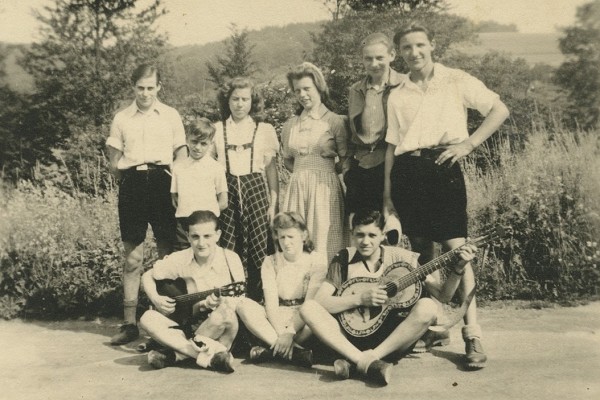
The "Youth in Germany 1918 - 1945" portal focuses on how young people lived and what they experienced in a time characterised by two world wars, economic crises and new beginnings. Many saw the young generation as a beacon of hope for a better future, whereas others saw them more as a manipulable mass that could be used to realise their own goals.
